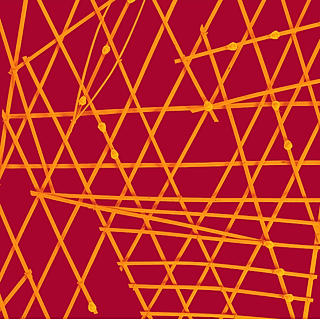Rare Languages Uncovered in Ancient Monastic Library
- Admin
- Sep 9, 2017
- 2 min read
Nestled at the foot of Mount Sinai, Egypt is the remarkable Saint Catherine's Monastery, home to one of the world's oldest continuously functioning libraries.
The monastery, which was established in AD 565, contains thousands of ancient books and manuscripts which have been sequestered from the outside world for centuries. Until now.
Using a new technique which illuminates pages with a different-coloured light from multiple angles, researchers have managed to penetrate the outer layers of text on these manuscripts, known as palimpsests, uncovering many hidden treasures in the process. These palimpsests are more abundant from the 7th century onward, when the rise of Islam in the region meant that the lone Christian site was becoming increasingly isolated from the outside world. Unable to procure new manuscripts, the monks from Saint Catherine's were left with no option but to erase used manuscripts and write over them.
As a result, many of these 130 or so palimpsests contain hidden layers of writing in poorly-attested languages, including Caucasian Albanian–– a language which was spoken by Christians in Azerbaijan and which was only known from a few stone inscriptions. The discovery of these new Caucasian Albanian texts is especially important because it has allowed linguists to increase their knowledge of the language, bringing to light words for "net" and "fish" among others.
In addition, the initiative has unveiled texts written in other extinct languages, including Old Georgian, as well as an ancient dialect known as Christian Palestinian Aramaic.
The effort has been ongoing since 2011, unveiling many important finds from the 74 photographed palimpsests, which together boast some 68,000 pages. Among the newly unveiled texts, dating from the 4th to 12th centuries, are 108 pages of original Greek poetry and the world's oldest-known recipe, attributed to the Greek physician Hippocrates.
With so many discoveries already, the new technique holds a lot of promise for the analysis of documents which are too fragile or precious to withstand more intrusive procedures.
Unfortunately, however, the research team has come under tremendous pressure in recent years, as the rise of the Islamic State has made it difficult to enter the region.
Subscribe to our mailing list below and share your thoughts and comments.
Like what I'm doing, support me here: https://www.patreon.com/glyph
–––––––––––––––––––––––––––––––––––––––––––––––––––––––––––––––––––––––––
Further reading:



























Comments